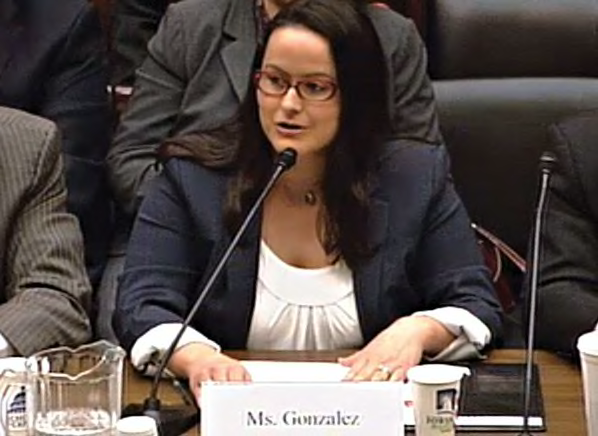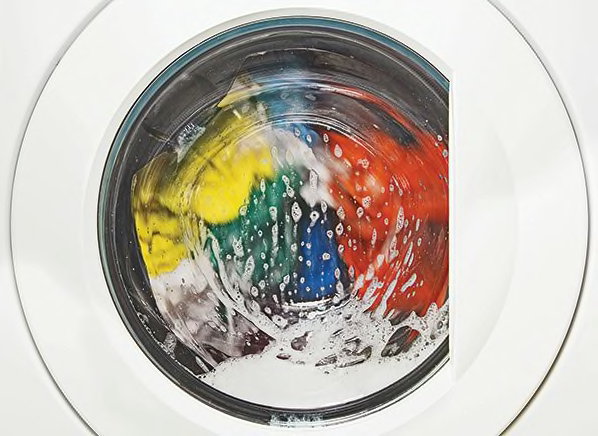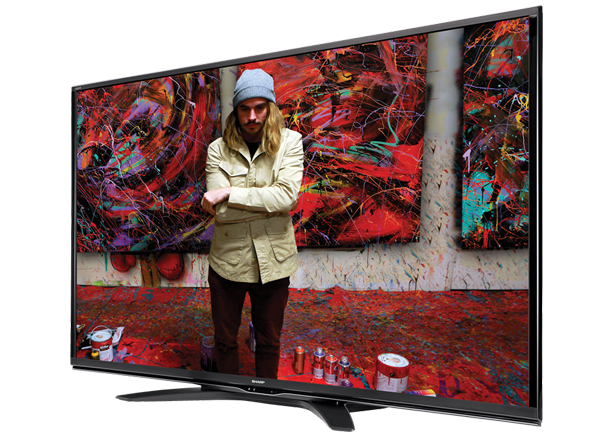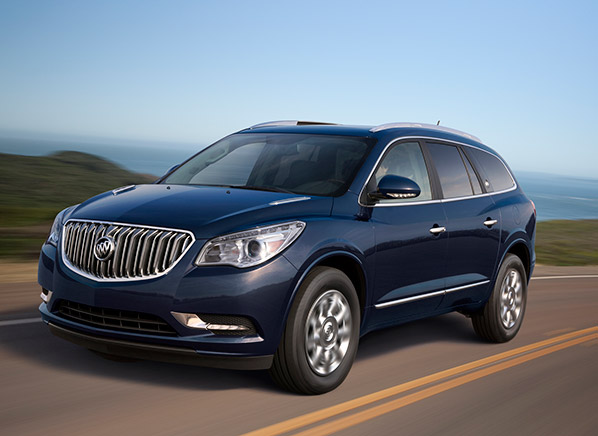Sign In

Menu
Suggested Searches
Recent Searches
Suggested Searches
Product Ratings
Resources
Chat With AskCR
Resources
All Products A-ZThe payment for your account couldn't be processed or you've canceled your account with us.
Re-activateMy account
Sign In
My account
Sign In


In 2011, more than 3,000 people were killed and 387,000 were injured in the U.S. in crashes involving a distracted driver. The problem isn't limited to texting or talking on the phone; dashboard technology such as navigation and Internet-connected "infotainment" systems can also pull drivers' attention away from the road and lead to crashes.
The National Highway Traffic Safety Administration has issued long-awaited guidelines for automakers on built-in distractions. They aim to limit the time drivers must take their eyes off the road to perform a task to 2 seconds at a time and no more than 12 seconds total. Car companies are urged to disable manual texting, Web browsing, and video-based calling unless the vehicle is stopped and in park.
The next phase for NHTSA is focused on portable devices, like phones and tablets, and Consumers Union has pressed the agency to act as soon as possible. A coordinated effort of driver education, technology solutions, and smart policy making is critical to curbing distracted driving.
That's the number of concussions diagnosed in high-school athletes in the 2011-2012 school year. To slow the increasing rate of traumatic brain injuries in child and teenage athletes, Congress is considering the Youth Sports Concussion Act. The bill, which is backed by Consumers Union, would allow for standards to be set for sports equipment and addresses the often misleading claims of injury prevention by sports-equipment marketers.

The issue: Access to basic phone service for low-income consumers is in jeopardy.
Our take: Lifeline is a government program that provides monthly discounts on phone service (landline or wireless) to more than 15 million low-income consumers, including seniors, veterans, and people with disabilities. (Go to fcc.gov/lifeline for more.) The program, launched in 1985, has been financed since the '90s through the Federal Communications Commission's Universal Service Fund. Critics claim that Lifeline is rife with waste, fraud, and abuse. Several bills in Congress aim to end the program. But the FCC's recent efforts to address those problems have already resulted in some $200 million in savings.
Consumers Union strongly supports the program's work to expand the benefits of communications services to people who would otherwise be unable to afford them. It helps low-income Americans gain access to important social services, contact health care providers, and look for jobs.
Jessica Gonzalez (shown), a lawyer and vice president of a nonprofit policy organization, recently testified before Congress about the value of the program. When Gonzalez's teaching job in the Los Angeles public school system fell to budget cuts, she used her Lifeline phone to look for work and apply to law school. "Lifeline was tremendously helpful in getting me back on my feet," she says. "There's this misconception that everyone who uses Lifeline is abusing this program. These are hardworking people who have simply fallen on hard times."
 WASHING MACHINE REVIEWS
WASHING MACHINE REVIEWS GENERATOR REVIEWS
GENERATOR REVIEWS
 Build & Buy Car Buying Service
Build & Buy Car Buying Service
Save thousands off MSRP with upfront dealer pricing information and a transparent car buying experience.
 Get Ratings on the go and compare
Get Ratings on the go and compare
while you shop

